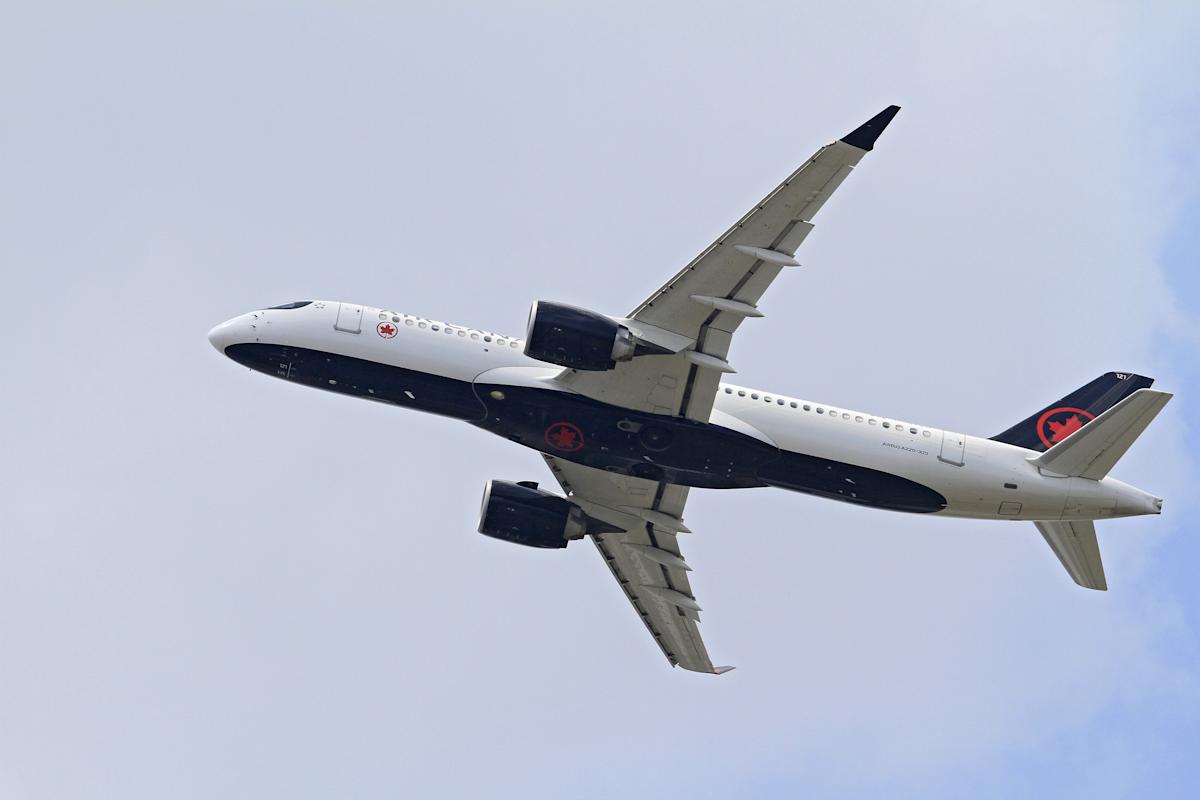The airline continues to see lower demand for trips to the U.S., with revenues dropping 11 per cent on eight per cent less capacity. (Photo by Mike Campbell/NurPhoto via Getty Images) · NurPhoto via Getty Images
Shares of Air Canada (AC.TO) fell over 10 per cent on Tuesday, after the airline’s quarterly earnings missed expectations.
“This second quarter was not business as usual,” said Mark Galardo, executive vice-president and chief commercial officer.
“We faced significant economic and geopolitical uncertainty,” Galardo added, referencing “an evolving geopolitical landscape affecting the Middle East and India,” increased competition in China, currency fluctuations and weakened demand for transborder travel.
The airline continues to see lower demand for trips to the U.S., with revenue dropping 11 per cent on eight per cent less capacity, says president and CEO Michael Rousseau.
According to Statistics Canada, Canadian return trips by air from the U.S. declined throughout the first five months of 2025, dropping 14 per cent year-over-year in April and 24.2 per cent in May.
On an adjusted basis, Air Canada earned a net income of $207 million in its second quarter, compared to $369 million in the same period last year. Its adjusted earnings are 60 cents per diluted share, down from 98 cents per share last year.
Air Canada shares closed $2.70 or 12.25 per cent lower at $19.34 on the Toronto Stock Exchange on Tuesday.
In a note, RBC Dominion Securities analyst James McGarragle took a neutral view on the results, saying that the broader narrative of demand recovery remains intact. The company has expanded its international network, with transatlantic and Latin American markets seeing revenue growth of five per cent and 11 per cent, respectively, Galardo says. Demand is also growing during off-peak seasons in Southern Europe, as travellers seek milder temperatures and lesser crowds.
Meanwhile, National Bank analyst Cameron Doerksen says he’s cautious of the near-term risk of a potential strike in mid-to-late August.
As of July 28, Air Canada flight attendants began voting on whether to give a strike mandate to the Air Canada component of the Canadian Union of Public Employees, which represents more than 10,000 flight attendants. The vote runs until Aug. 5.
“Such a vote is a normal step in the negotiation process and does not mean any disruption will take place,” Rousseau said, adding that the company remains “focused on what we can control,” such as managing costs, and supply and demand.

